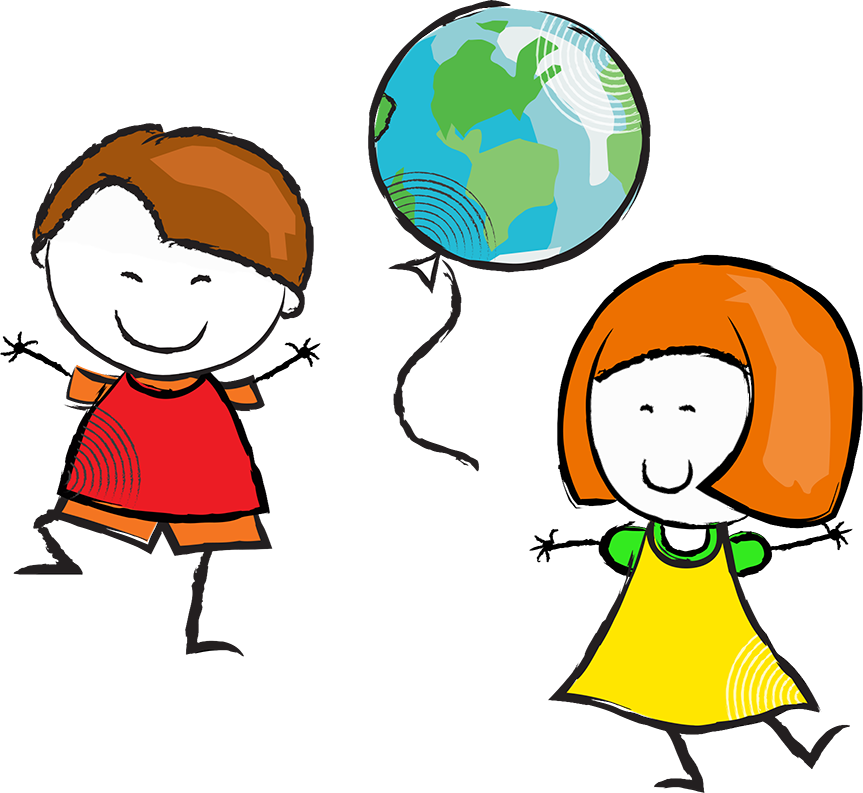COSMIC EDUCATION
/‘Cosmic Education’ differs from traditional education as it goes far beyond just the acquisition of knowledge and developmental growth, encompassing the development of the whole person. Cosmic in this sense means comprehensive, holistic, and purposeful. Maria Montessori believed that children who are given a cosmic education have a clearer understanding of the natural world and, thus, themselves. She believed that those children who receive a Cosmic Education in childhood are better prepared to enter adolescence as independent, confident, responsible, emotionally intelligent individuals, balanced in physical, intellectual and social achievements. They are also prepared to make responsible decisions and act on them in a responsible way; to recognise limits and give, ask for, and receive help, as needed. As part of our philosophy and ‘cosmic education’ we integrate nature into our programme in numerous ways, always with authenticity and purpose. Our nature based environment and extensive “Wild” area is an amazing resource that provides the children and staff with limitless learning opportunities both emotionally and academically. As nature is ever changing and evolving, no two adventures into the “Wild” are ever the same.
Our staff are passionate about providing a nature based environment. What shines through is the authenticity, the “realness” of the environment and resources within it. In the past decade, the benefits of connecting to nature have been well documented in numerous scientific research studies and publications. Collectively, this body of research shows that children’s social, psychological, academic and physical health is positively impacted when they have daily contact with nature. Our philosophy includes a strong focus on teaching kindness and respect. We are given boundless opportunities to practice these as we adventure, discovering the ‘homes’ of birds and rabbits and the children learn not just that we need to be quiet when approaching a nest, but also why we do this. This learning is authentic and lifelong. Time spent in nature offers children increased self-esteem and resilience against stress and adversity. It improves concentration, learning, creativity, and cognitive development. Kellert (2005) explains that being in nature supports multiple development domains. Nature is important to children’s development in every major way; intellectually, emotionally, socially, spiritually and physically.








